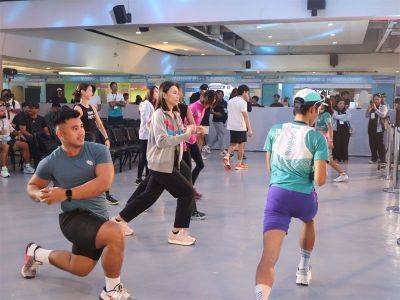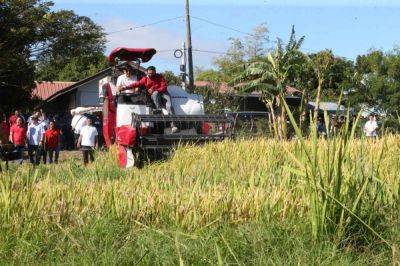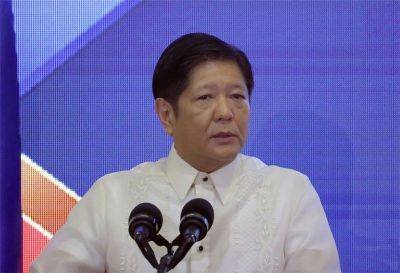Why the loss of a history subject in high school causes ripple effect in college
MANILA, Philippines — The absence of a dedicated Philippine History subject in high school not only weakened students' grasp of historical events but also hampered college educators’ efforts to engage students in critical discussions of history that go beyond memorization of facts.
In a recently published study titled “Disjunctures in Philippine History Education Since the K to 12 Reform,” scholar Lee Candelaria said that the six-year knowledge gap that resulted from moving the teaching of Philippine History to grade school “becomes more pronounced when seen from the vantage point of higher education.”
Since the shift to the K to 12 curriculum in 2013, a standalone course on Philippine History has been removed from secondary education and is now only taught at the elementary level (Grades 5 and 6) and college (Readings in Philippine History).
Through interviews with higher education instructors and a review of available materials, the study sought to capture the impact of K to 12 on the teaching of Philippine history and whether the new curriculum had strengthened or weakened Filipino students’ historical foundations.
Among other findings, the study showed that changes in the curriculum for basic education, especially the introduction of senior high school, led to a more focused and competency-based manner of teaching Philippine History at the college level.
Before, college educators assigned to teach Philippine History were had to cover the entire breadth of the country's history in just a single semester or an average of 16 weeks.
But since the addition of two more years of high school, to avoid redundant lessons, the study of Philippine History in college became more focused on the reading and analysis of primary sources and firsthand accounts of historical events.
“Using (Readings in Philippine History) as an example, the ‘critical competencies ranging from detecting bias, appreciating the effect of perspective on the construction and understanding of history, and interpreting facts’ are emphasized together with ‘factual knowledge,’” Candelaria wrote in his study published by the Germany-based Rosa-Luxemburg-Stiftung.
“Within this context, RPH was,







